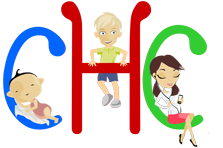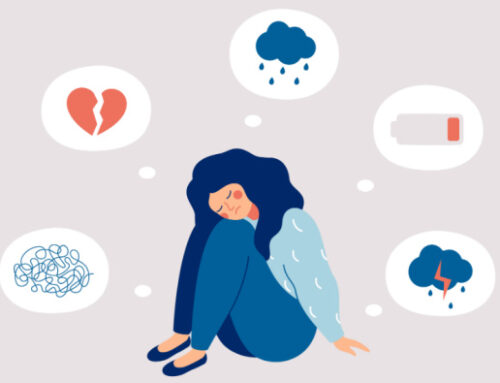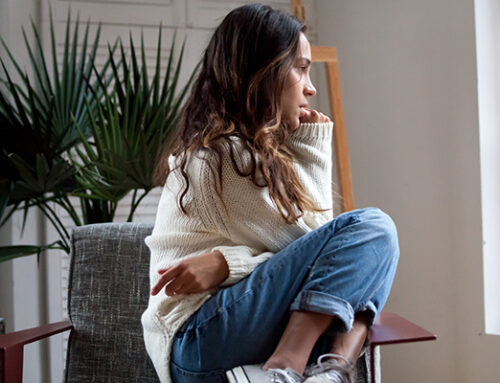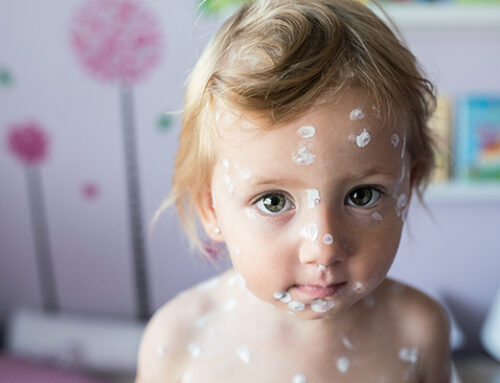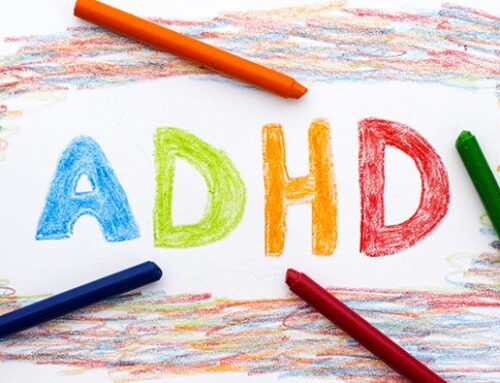What is Eczema?
Eczema is an inherited type of sensitive, dry skin. Eczema often starts on the cheeks at 2 to 6 months of age. The rash is most commonly found in the creases of the elbows, wrist, and knees. Occasionally, eczema occurs on the neck, ankles, and feet as well. The rash is red and extremely itchy. If scratched, the rash becomes raw and weepy.
What is the cause?
A personal history of asthma or hay fever or a family history of eczema makes it more likely that your child has eczema. Flare−ups occur when there is contact with irritation substances like soap or chlorine.
In 30% of infants with eczema, certain foods cause the eczema to flare up. If you suspect a particular food item (for example, cow’s milks, eggs, or peanut butter) is causing your child’s flare−ups, feed that food to your child on time (a “challenge”) after avoiding it for 2 weeks. If the food is causing flare−ups, the eczema should become itchy or develop hives within 2 hours of eating the food. If it occurs, avoid ever giving this food to your child and talk to your physician about food substitutes.
How long does it last?
This is a chronic condition and will usually not go away before adolescence. The goal is control, not cure. The early treatment of any itching can help prevent a severe rash.
How to take care of your child?
- Steroid Cream: Please make an appointment with Children’s Health Center in order to see a doctor in regards to prescription steroid cream. Steroid creams are the main treatment of the itch of eczema. Most children need a steroid cream to stop a flare−up once it has started. Steroid creams can only be used for a short time. If they are used greater than 2 weeks at a time it will thin the skin. There must be a t least a 1 week break between uses.
- Hydrating the skin: Hydration of the skin followed by a lubrication cream is the main way to prevent flare−ups of eczema. Your child should have one bath a day for 10 minutes. Water−soaked skin is far less itchy, but it must be covered by a lubrication cream within 3 minutes of getting out of the bath. Eczema is very sensitive to soaps, especially bubble bath. Young children can usually be cleaned without any soaps. Teenagers need a soap to wash under the arms, the genital area, and the feet. They can use a nondrying soap such as Dove for these areas. Keep shampoo off eczema.
